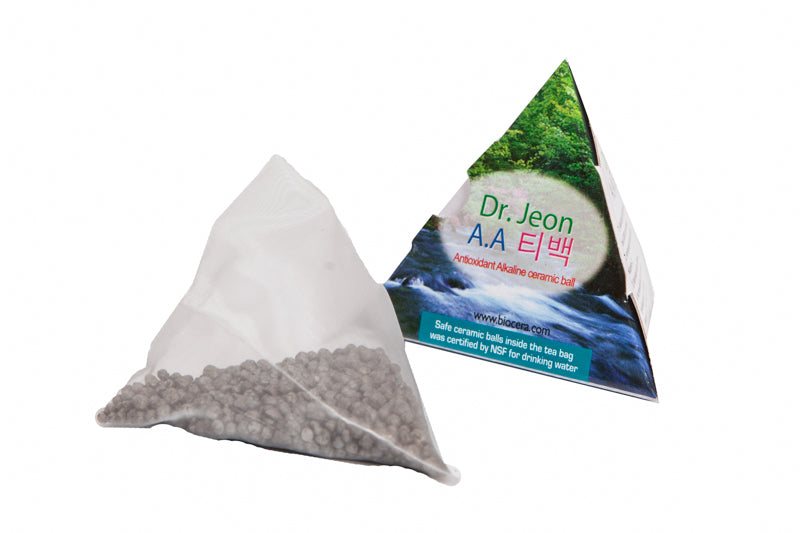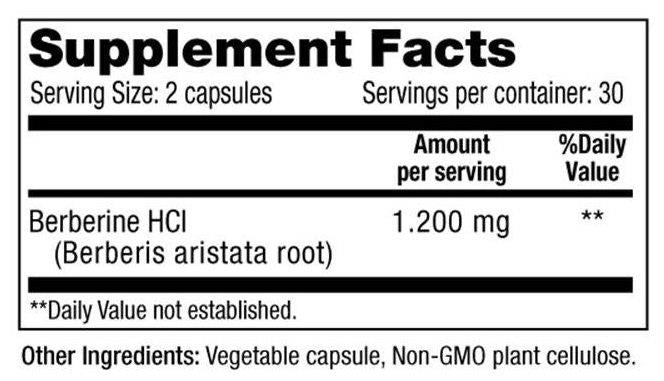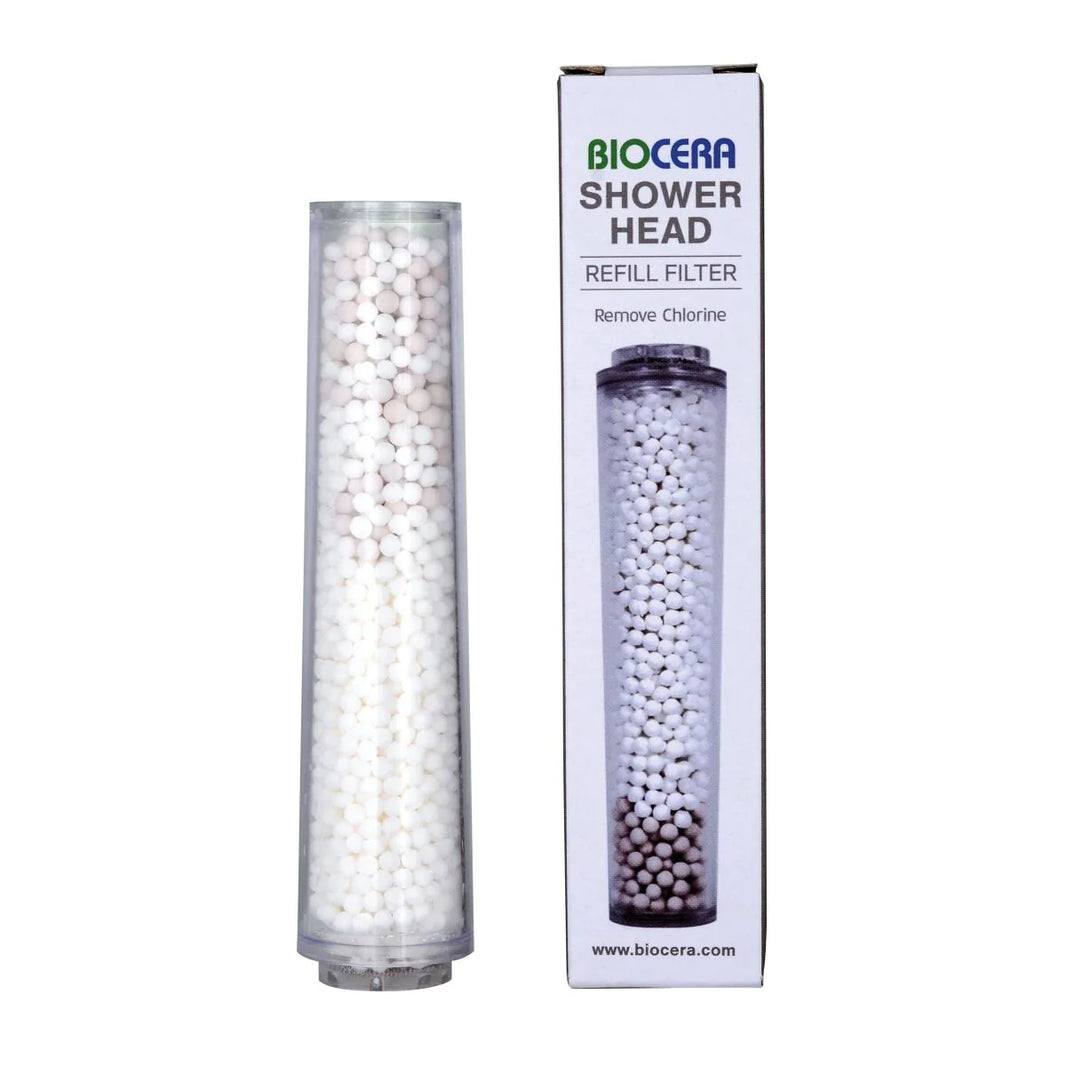6 Natural Ways to Prevent Colds & Flu and Shorten Their Duration
Even though we’re heading towards February, we’re still not out of the woods when it comes to catching a cold or getting the flu.
But by making a few small lifestyle adjustments, or taking the right daily supplement, you could boost your immunity enough to successfully ward off seasonal ailments like coughs, colds or the flu.
Keen to make it home free to the spring? Then heed the following natural ways to prevent and shorten the duration of colds and flu.
1) Take a daily probiotic during winter
By now it’s relatively common knowledge that looking after your gut health is vital if you wish to stay healthy.
Research shows that taking a good quality probiotic can encourage a healthy GI tract and amongst other things, they have been shown to protect against viral infection including the common cold and flu.
It’s best to start taking probiotics before you get ill, so consider starting now if you haven’t already. Children may also find supplementation beneficial during the winter months.
2) Don’t neglect your sleep
Continued lack of sleep can weaken your immune system, leaving you more prone to colds and flu. Lowered immunity means that you may also take longer to recover.
The National Sleep Foundation recommends adults between the ages of 26 and 64 need to have seven to nine hours of sleep a night, so make it your mission to get the Zzzz in every night.
If you struggle with insomnia or find it hard to get to sleep, it may be worth trying a natural supplement to ease you into a peaceful slumber.
3) Eat the rainbow
If you want to give yourself a fighting chance of getting through the remainder of the winter unscathed, eating a healthy balanced diet is essential, and that includes packing in lots of brightly coloured vegetables and fruit. They will provide you with an abundant array of vitamins, minerals, antioxidants and other nutrients to fortify your immune system, protect gut health, fight infection and shorten cold duration.
Try to get some greens in every meal, whether it’s in smoothies, casseroles, soups or stews. Aim to eat some in their raw form daily too, and make sure at least half your plate consists of vegetables at lunch and dinner.
4) Take a vitamin D supplement
We make vitamin D ourselves through exposure to sunlight. In the UK, we just don’t have enough access to that in the wintertime, so we need to take a daily supplement. Why? Well, because vitamin D plays a crucial role in our immune response and helps to keep colds and flu at bay while also speeding up recovery.
In fact, some research has shown that by taking a daily vitamin D supplement you could cut your risk of catching a cold, cough or influenza by half. Public Health England recommends adults and children over the age of one take over 10mcg of vitamin D every day during winter. The Vitamin D Council recommends a supplement of 5,000 i.u. daily for adults but also advise getting your levels checked to ensure you’re getting the right amounts, as megadoses can be detrimental to your health.
5) Drink lots of water
I know, we talk about water a lot at Water for Health – but it really is the backbone of good health and we literally can’t exist without it.
Water helps to keep your immune system strong by carrying oxygen and nutrients to all your cells while flushing out toxins, which is essential if you want to up your chances of staying healthy or getting over illness more promptly.
Dehydration can make you more prone to sinus issues, so you need to drink water to moisten the mucous membranes in your nose and enable more effective drainage. Aim for two litres a day, or more if you’re exercising or drinking caffeinated drinks like coffee and tea.
6) Eat foods high in zinc
Zinc can help to relieve the symptoms of a cold while shortening its duration. It also strengthens your immune system, reduces inflammation and helps to fight infection. So, if you’re not already including lots of zinc foods in your diet, start now if you want to avoid getting ill.
Think grass-fed beef, lamb, and pork, chicken legs, oysters, pumpkin, sesame and hemp seeds, legumes, almonds, eggs, quinoa, brown rice and oats. If you are already unwell and would like to supplement, make sure you don’t overdose as too much zinc can inhibit copper absorption.
The Cochrane Database of Systemic Reviews recommends that adults take a daily dose of 75mg for the duration of a cold. If you are not ill but would like to take a daily supplement, in the UK, the daily RNI for zinc is 7mg for women and 9.5mg for men aged 19 to 50 years.
Another nutrient often recommended for immune health is vitamin C, with a 2017 review suggesting that “supplementation with vitamin C appears to be able to both prevent and treat respiratory and systemic infections.”
If you do elect to go down the supplement route, there may be some merit in combining the nutrients to enjoy dual-action immune support.
Conclusion
So, did you find this information helpful? If you could incorporate one or two of these tips into your daily lifestyle, what would they be? Even if you pick just one that you’re not already doing, it could be the difference between you staying well or not, as you ride out the rest of the winter.
Whatever you decide to do though, we wish you a healthy and happy journey towards the spring.
This article is written by Rebecca Rychlik, Nutritional Therapist and Homeopath. Follow Rebecca on Instagram, Facebook and Medium, @rebeccabitesback.



























Leave a comment